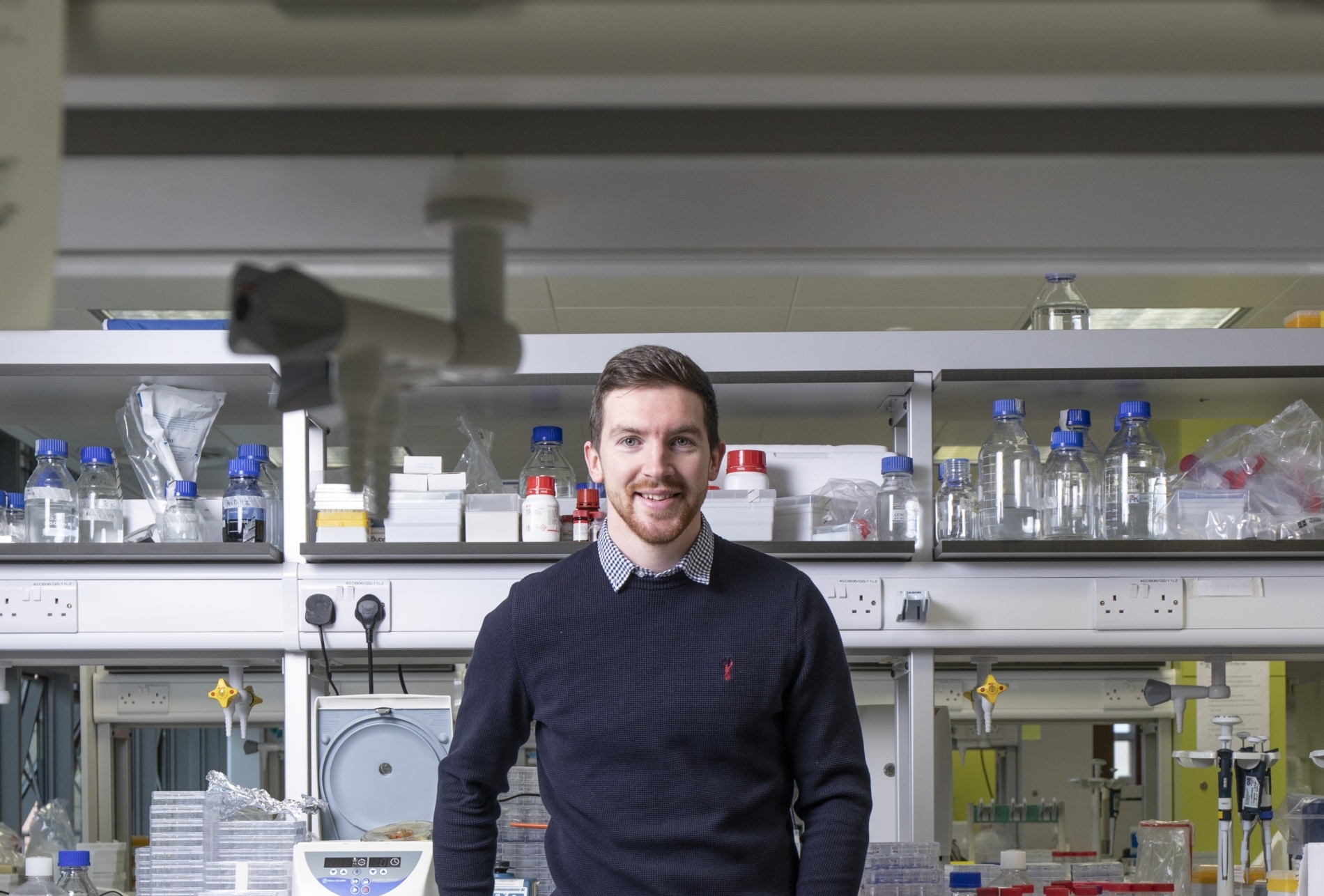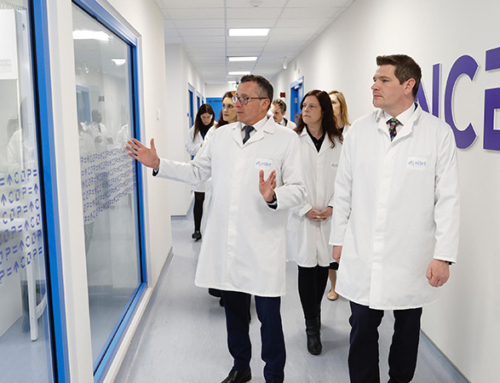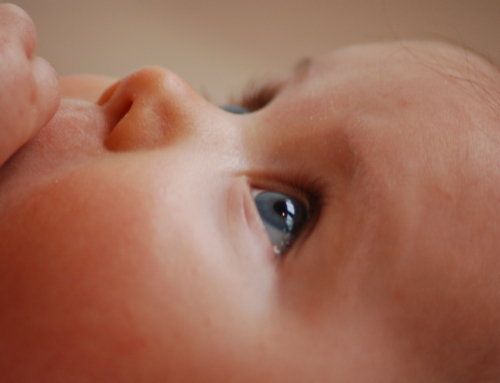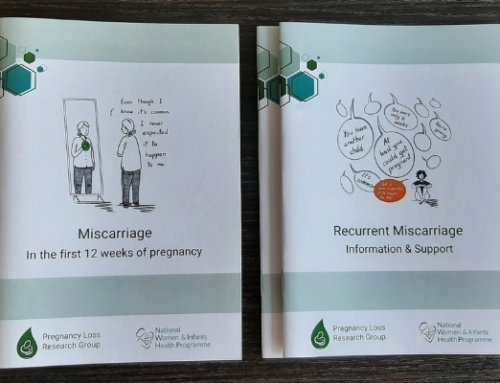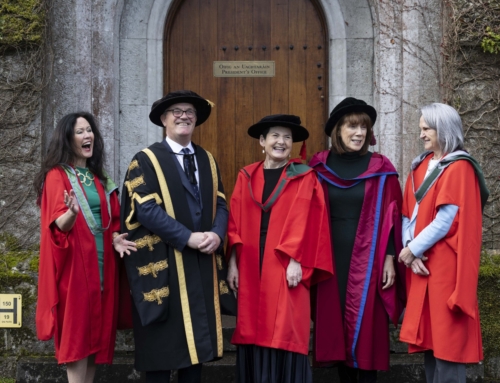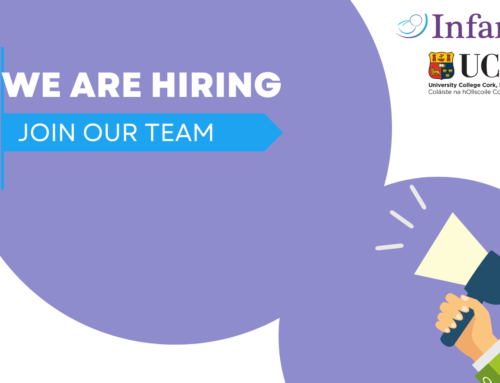A research team led by University College Cork’s (UCC) Dr Mark O’Sullivan in the INFANT Research Centre has been awarded funding by Enterprise Ireland to commercialise a medical device that could transform how clinicians are able to detect newborn brain injuries.
Presently, brain injuries in newborns account for 23% of all infant deaths and over one million cases of permanent disability each year. Seizures are often the most common diagnostic indication of brain injury. However, accurate diagnosis requires complex equipment and expertise which is not readily available.
The pocket-sized device, which is being developed by the Neurobell team at UCC’s INFANT Research Centre, will allow clinicians to rapidly diagnose potential brain injuries in newborns without requiring the specialised medical expertise needed to configure and manage complex EEG machines.
Dr O’Sullivan, a lead investigator with INFANT, believes that the novel device could potentially be deployed across all hospital settings, ensuring that clinicians could make rapid decisions using its AI-based decision support.
Although EEG is the gold standard for neurological monitoring, they are large complex machines that require specialised personnel to configure the equipment and interpret the hours of resulting EEG information.
This often restricts the use of EEG monitoring to tertiary hospitals, and even in such locations, the expertise is not readily available for EEG to be used routinely without significant delays.
We are building a portable and wireless device that can both record the EEG and provide AI-based detection of seizures.
This will provide clinicians with real time alerts and data, allowing them to quickly diagnose and treat potential brain injuries.
Currently at the prototype stage, the Enterprise Ireland Commercialisation Fund, which is co-funded by the European Regional Development Fund (ERDF), will allow the Neurobell project team to execute on their plans to finalise the design of the medical device this year and to complete a clinical investigation in 2023. The 2 years of funding will be used to hire key engineering, clinical, and commercial personnel and to engage with industry partners. Following the Enterprise Ireland Commercialisation funding, the team plan to establish a spin-out company to bring their novel technology to market.
The device builds on the AI-based research, recently recognised at the AI Awards Ireland, conducted at the INFANT Research Centre and combines multi-disciplinary expertise across medicine, computer science, and engineering.
Once complete, the device could result in positive health outcomes for a significant number of babies born in hospitals that don’t have access to EEG machines and expertise.
The cot side technology that we’re building is designed to allow for the neurological monitoring of newborns, across all hospital settings, helping those in need to be diagnosed and treated in a timely manner.
By developing a portable monitor with on-board decision support, we’re aiming to increase the number of hospitals capable of providing EEG monitoring for high-risk newborns.
The Enterprise Ireland funding underscores INFANT’s ambition to constantly strive and innovate in maternal and child healthcare, an area where there is huge potential and great clinical need according to INFANT Director, Prof Geraldine Boylan.
This technology will be disruptive and provide access for many more hospitals to brain monitoring, without the need for expert training or costly equipment. The potential for translation to low resource settings, where the burden of brain injury is highest is ground-breaking.
Since the inception of the Neurobell project, Dr. O’Sullivan has been supported by UCC Innovation through the GatewayUCC Sprint Accelerator programme and the IGNITE Business Innovation Centre.


